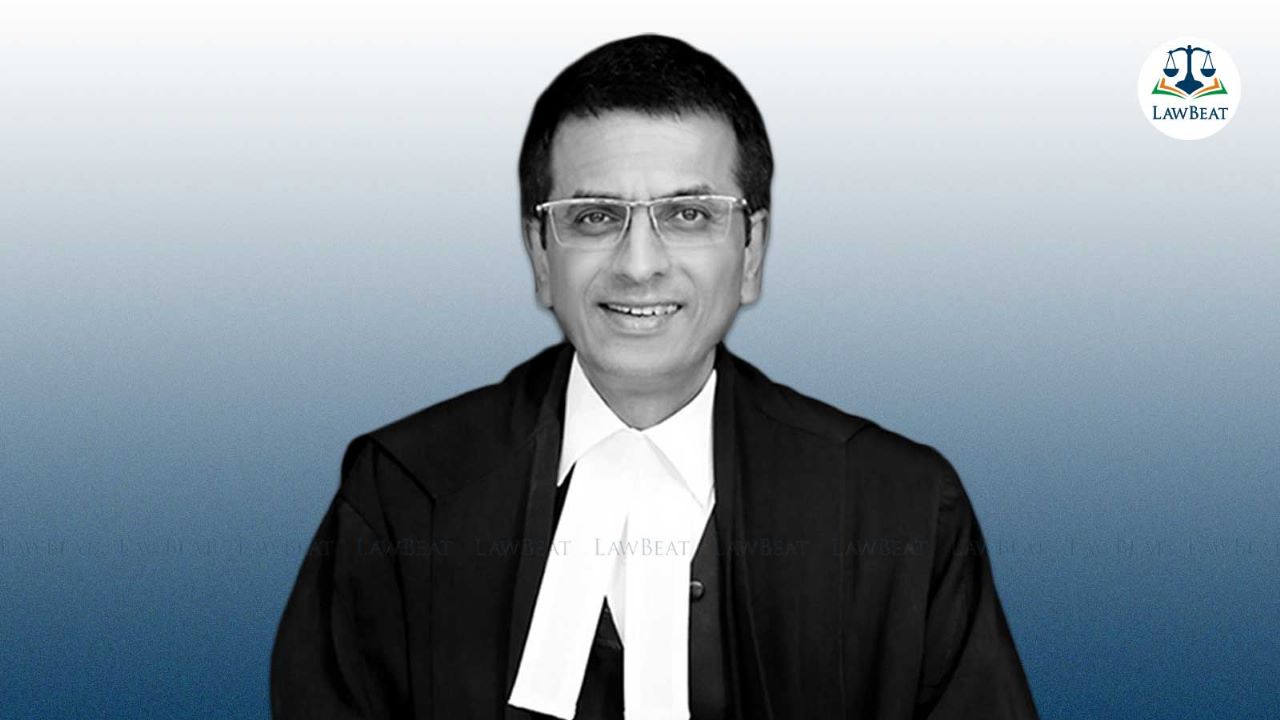Arbitration institutions should not be controlled by self-perpetrating cliques: CJI Chandrachud

CJI spoke on the topic, "Law and Practice of commercial arbitration: Shared understandings and developments in UK and India"
Yesterday, the Chief Justice of India delivered a speech at the Supreme Court of the United Kingdom, wherein he has said now is the time for countries such as India to step up to the occasion to create and promote a culture of commercial arbitration.
"I firmly believe that now is the time for countries such as India to step up to the occasion to create and promote a culture of commercial arbitration. The robust institutionalization of arbitration will further the culture of arbitration in the Global South...", the CJI said.
While adding that in recent years, institutions such as the India International Arbitration Centre and Mumbai and Delhi International Arbitration Centers have been set up and are seeing a steady flow of arbitration matters, Justice DY Chandrachud has clarified that the mere creation of institutions is not sufficient and it has to be ensured that these new institutions are not controlled by a self- perpetrating clique.
"Transparency and accountability, values by which the work of conventional courts is assessed and critiqued, cannot be alien to the world of arbitration. Arbitral institutions are uniquely placed to co-operate with other arbitral institutions around the world to adopt best international practices and procedures. This will create a global convergence of arbitral procedures, creating more uniform institutional rules and structures. I hope the Indian arbitral institutions emulate the success of their global counterparts in the years to come...", CJI added.
